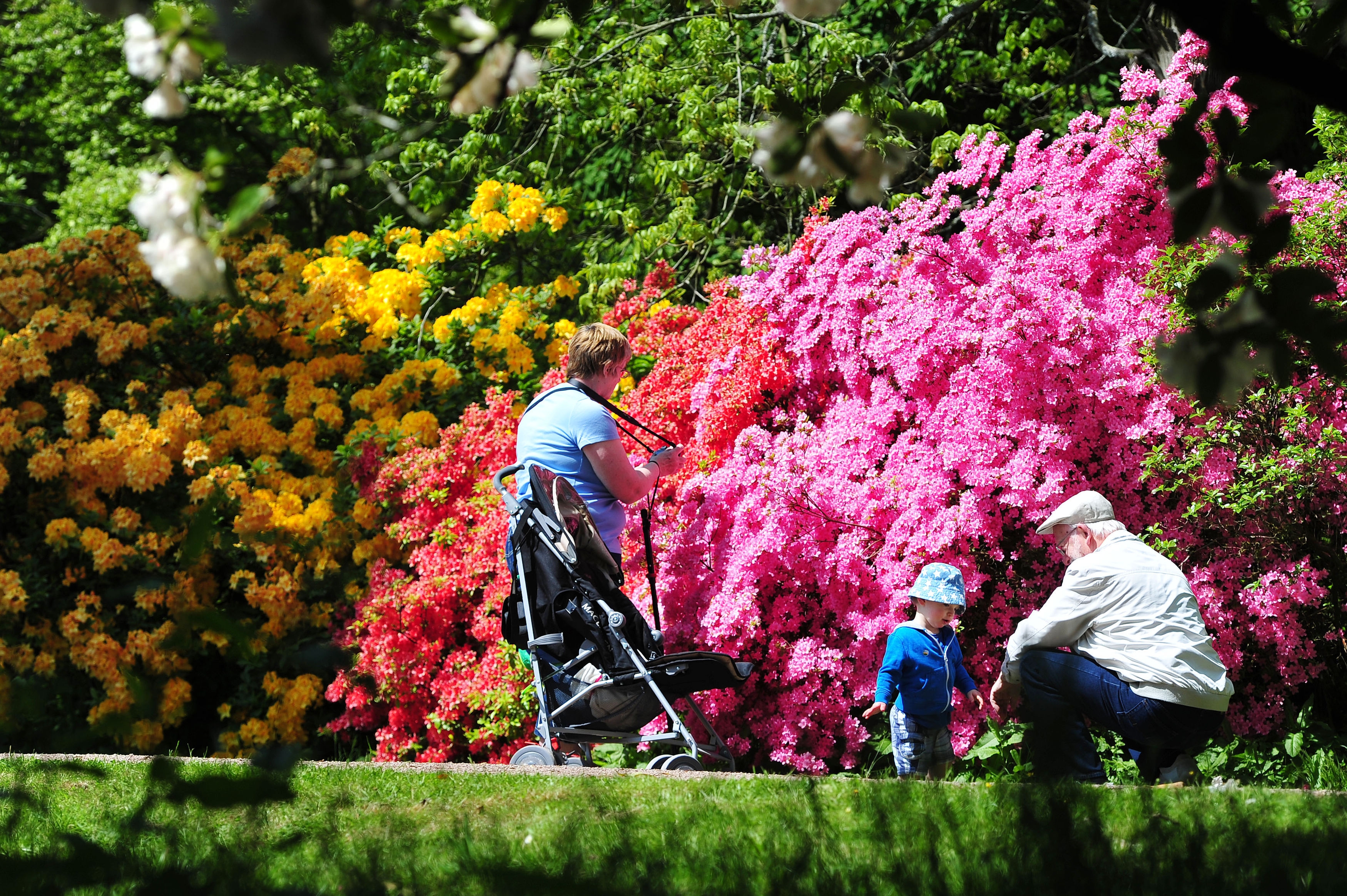Grandparents influence class system
A child’s eventual position in Britain’s social class system is directly affected by their grandparents’ class, according to new research.
Academics from the universities of Oxford and Durham found that the odds of children landing professional or managerial roles are at least two and a half times higher if their grandparents were themselves professionals or managers.
After looking at surveys of over 17,000 Britons born in 1946, 1958 and 1970, researchers discovered that the link between the class of grandparents and grandchildren could be observed in families both going up and down the social ladder.
Published in the American Sociological Review, their study found that 80% of men with both parents and grandparents in the professional or managerial class stayed in advantaged positions.
Meanwhile, only 61% of men whose parents climbed the social ladder managed to follow them into professional or managerial positions.
The effect was less strong among women – 66% born into higher positions stayed there, while 51% born into an upwardly mobile family retaining their parents’ new status.
Where parents slipped from a high class position, the grandparents’ background acted to “correct the ‘mobility mistake’ made by the parents,” with 47% of men and 41% of women moving back into their grandparents’ social class.
Dr Tak Wing Chan, from the Department of Sociology at the University of Oxford, said: “The ‘grandparents effect’ in social mobility is found to operate throughout society and is not restricted to the top or bottom of the social class structure in Britain.
“It may work through a number of channels including the inheritance of wealth and property, and may be aided by durable social institutions such as generation-skipping trusts, residential segregation, and other demographic processes.
“Further investigation needs to be done to establish the precise mechanisms by which the grandparents effect endures, but our study of 17,000 Britons reveals that grandparents have a substantial effect on where their grandchildren end up in the British class system.”
Dr Vikki Boliver, from the School of Applied Social Sciences at Durham University, said: “Although a handful of studies have looked at social mobility patterns of three generations, this is the first time that researchers have found that an individual’s fortunes may depend on the attributes and experiences of more distant ancestors such as grandparents.”
A survey by BBC Lab UK released in April found that the traditional three-way division of British society into three classes – high, middle and working – no longer applied in the 21st century.
It divided society into seven different social categories such as emergent service workers, technical middle class and new affluent workers.
What are your views?
The Press Association
Latest posts by The Press Association (see all)
- Best places to see bluebells this spring - April 2, 2025
- Does sunscreen expire? Everything you need to know about SPFs - April 2, 2025
- Top Gun and Batman star Val Kilmer dead at 65 - April 2, 2025
- Actor Richard Chamberlain dies aged 90 - March 30, 2025
- 5 new books to read this week - March 26, 2025




















